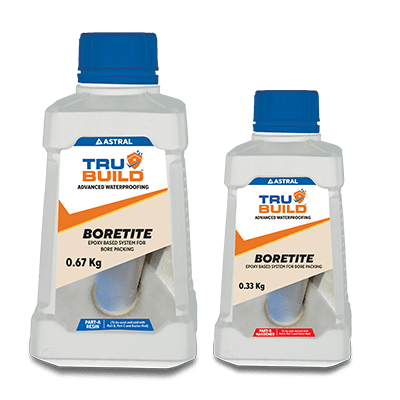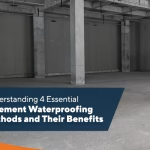Types of Mortar in Construction: Benefits, and Uses
Dec 23, 2024
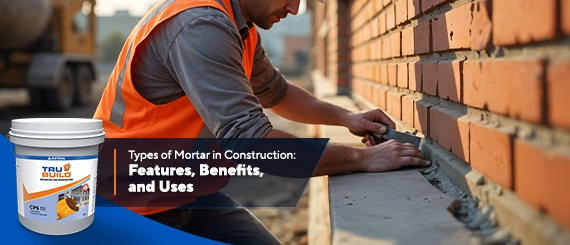
Mortar bonds masonry units like bricks and stones, providing stability and strength to structures. It is a mixture of sand, water, and a binder, such as cement or lime, that is used in various construction applications. But what is mortar in construction? It plays an important role in the durability and strength of buildings. Understanding the different types of mortar in construction, their benefits, and uses of mortar can help you make the right choices for your building projects.
Types of Mortar in Construction
- Cement Mortar: Cement mortar is the most commonly used type of mortar in construction. It is made by mixing cement, sand, and water in specific proportions. This type of mortar is known for its strength and durability. It is ideal for structural applications, including masonry work and plastering. The uses of mortar made from cement include constructing walls, laying bricks, and even as a base for tile installations. Its primary benefit is its resistance to weathering and its ability to bond materials effectively.
- Lime Mortar: Lime mortar is made by combining lime, sand, and water. It has been used for centuries, especially in historic buildings. Unlike cement mortar, lime mortar remains flexible, allowing it to expand and contract without cracking. This makes it an excellent choice for repairing older buildings or structures that need to maintain their historic integrity. Lime mortar is also more eco-friendly due to its lower carbon footprint compared to cement-based alternatives. Its uses of mortar include repairing stone walls, historical buildings, and even plastering.
- Clay Mortar: Often used in traditional or sustainable construction, clay mortar consists of clay, sand, and water. It has lower strength compared to cement mortar, making it less suitable for load-bearing applications. However, it is a great option for eco-conscious builders because of its natural, non-toxic ingredients. Clay mortar also offers good insulation properties. The uses of mortar for clay include adobe construction, earth architecture, and areas where thermal regulation is important.
- Gypsum Mortar: Gypsum mortar is made by combining gypsum plaster with sand. It is a fast-setting mortar that is commonly used for interior wall plastering. It has a smooth finish and is ideal for applications requiring fine surface details. It is also resistant to fire and offers excellent acoustic properties. The uses of mortar in this case are predominantly in plastering interior walls, ceilings, and decorative elements.
- Epoxy Mortar: Epoxy mortar is a special type of mortar that uses epoxy resins as a binder instead of cement. It is highly resistant to chemicals, making it ideal for industrial and commercial applications, particularly in environments prone to chemical exposure. Its uses of mortar include flooring for chemical plants, food processing units, and areas requiring a high degree of resistance to wear and tear.
Benefits of Mortar
The benefits of mortar vary depending on the type used, but some common advantages include:
- Strength and Durability: Mortar bonds materials tightly together, ensuring the longevity of structures.
- Flexibility: Some mortars, like lime mortar, allow for slight movement in structures, preventing cracks.
- Insulation: Certain types of mortar, especially clay and lime mortar, provide good thermal and acoustic insulation.
- Versatility: Mortar can be used in a variety of construction applications, from masonry to flooring.
Choosing the right type of mortar for your construction project is essential for the longevity and stability of the structure. Whether you are using cementitious mortar for its strength or lime mortar for its flexibility and eco-friendliness, understanding the characteristics and uses of mortar can ensure that you get the best results.
Some of the projects require the mortar to be waterproofed. It enhances the cohesive properties of cement, providing effective waterproofing and protection for reinforced steel against corrosion. Astral’s Trubuild CPS 111 Concrete Porosity Sealer has a waterproofing compound that is specially designed to waterproof cement concrete, mortars, and plasters. Trubuild CPS 111 is ideal for applications like waterproofing roof slabs, bathrooms, drains, basements, and water tanks, ensuring long-lasting protection in areas exposed to water.
By choosing the right type of mortar and complementary products like Trubuild CPS 111, you can ensure your construction projects stand the test of time.


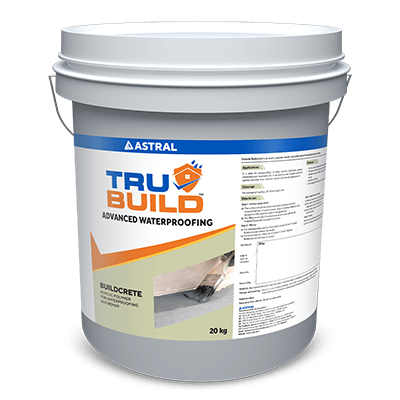
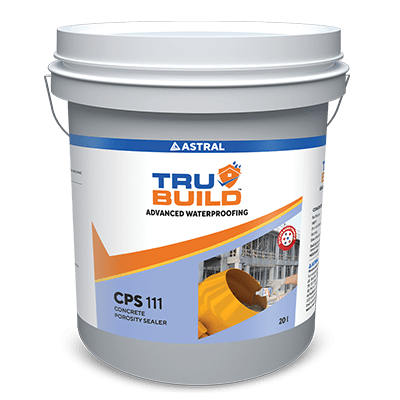
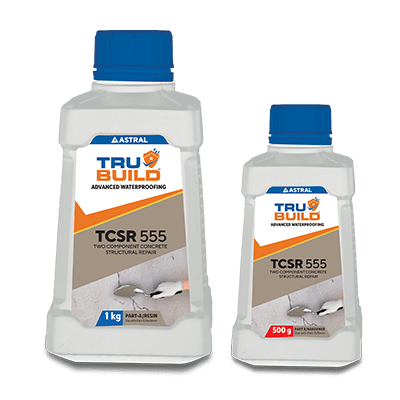
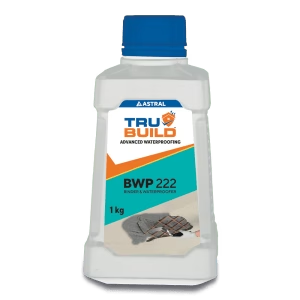
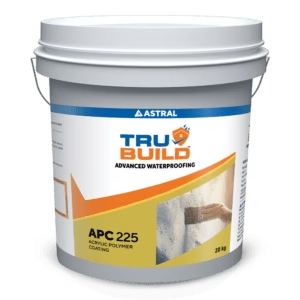
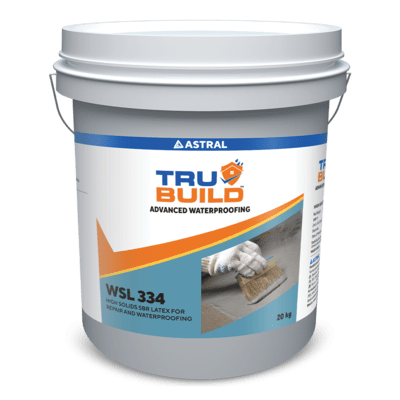
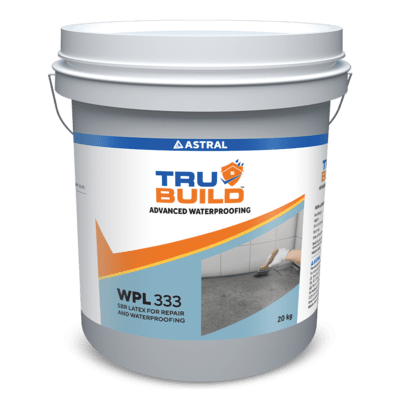
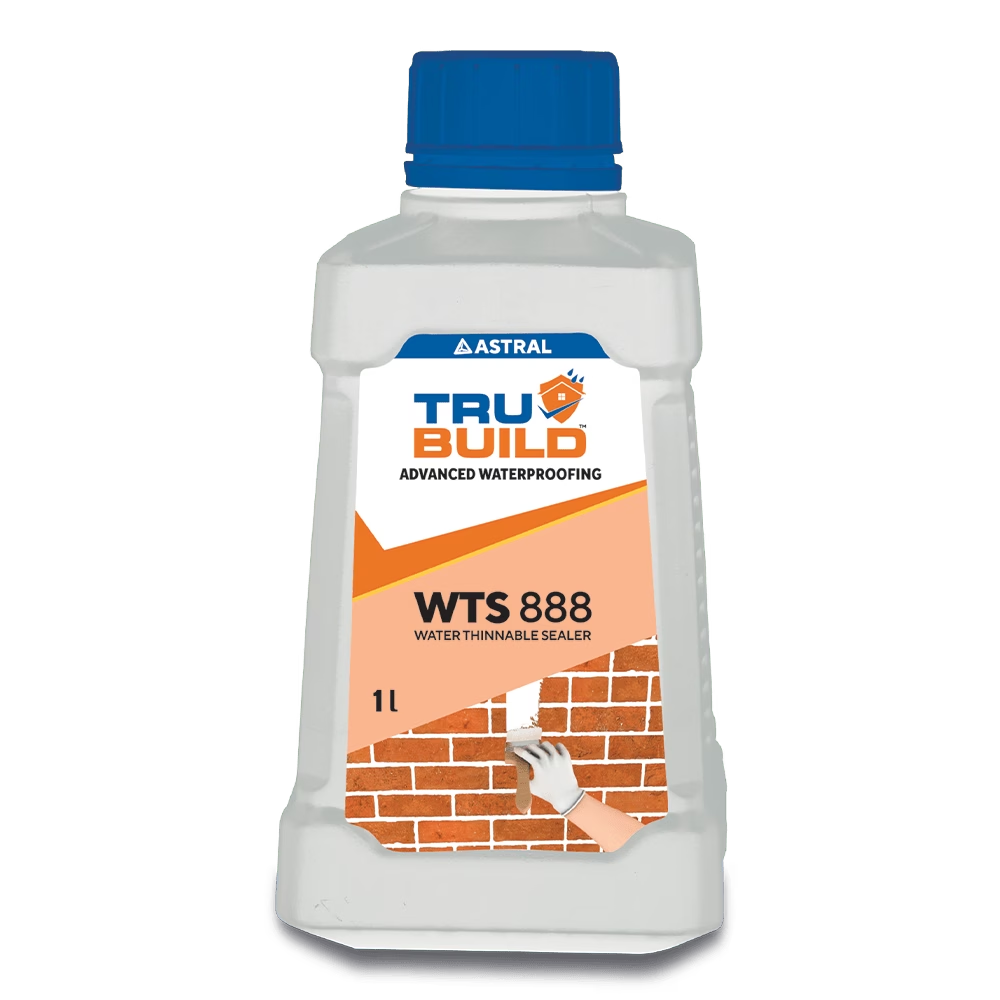
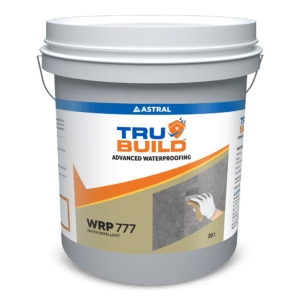
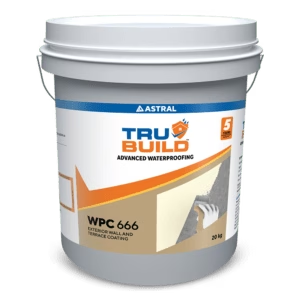
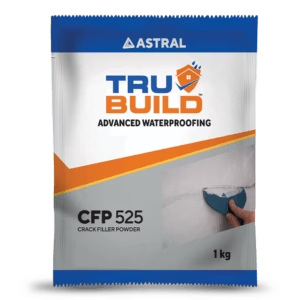
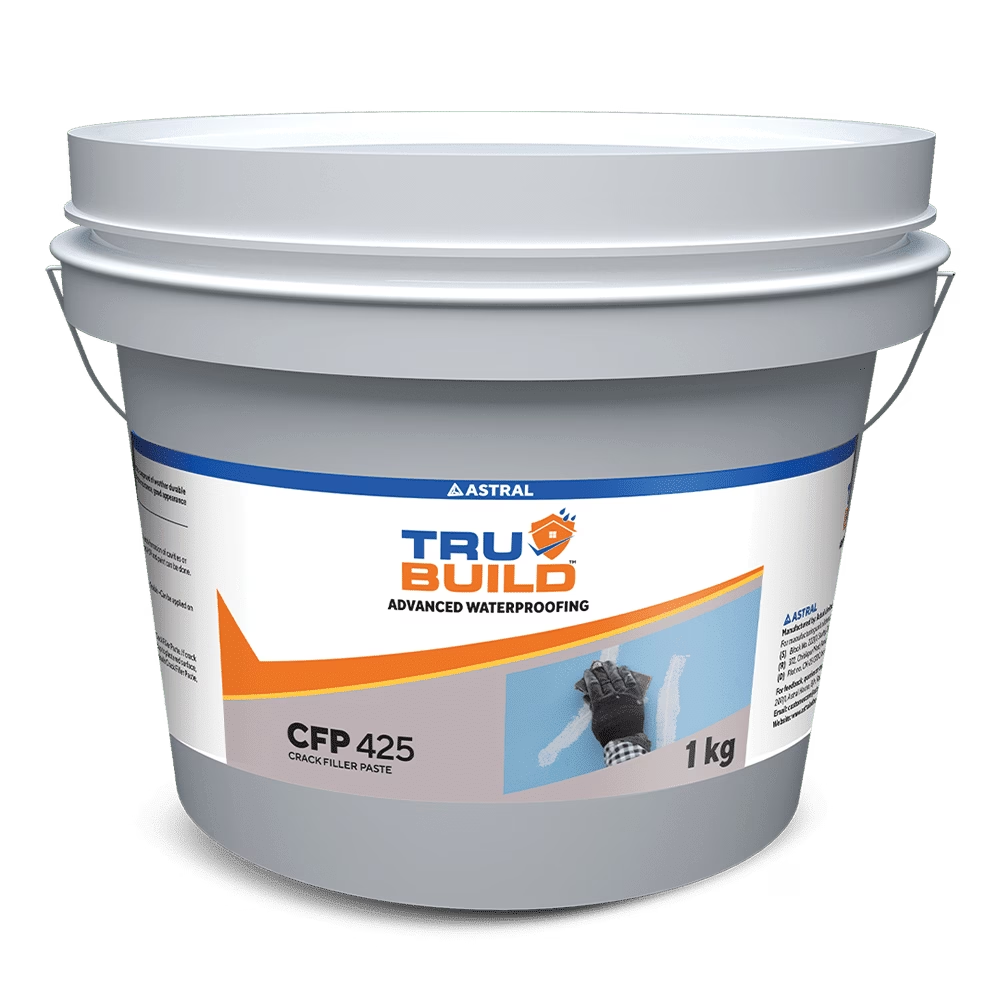
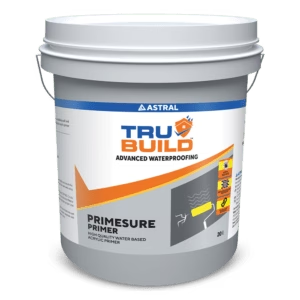
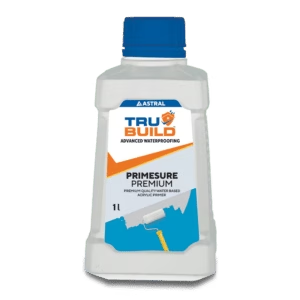
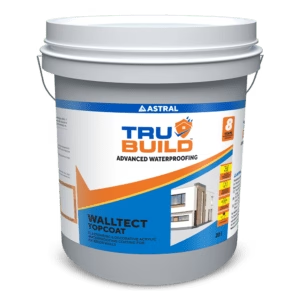
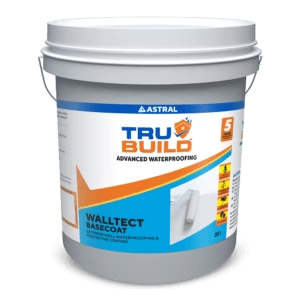
 Professional Sealants
Professional Sealants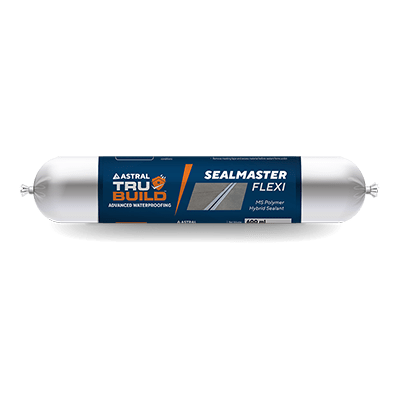
 Roof Waterproofing
Roof Waterproofing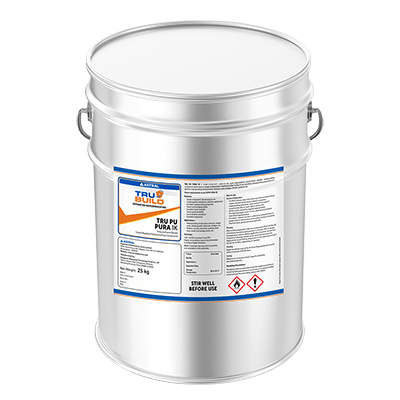
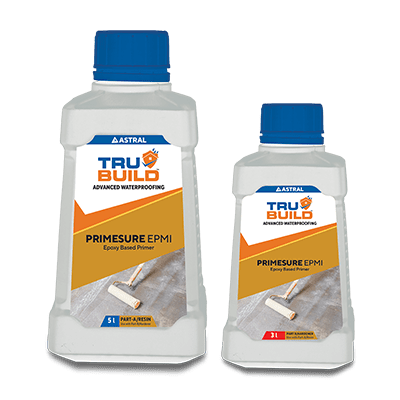
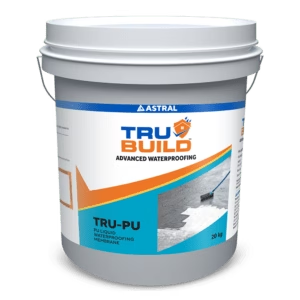


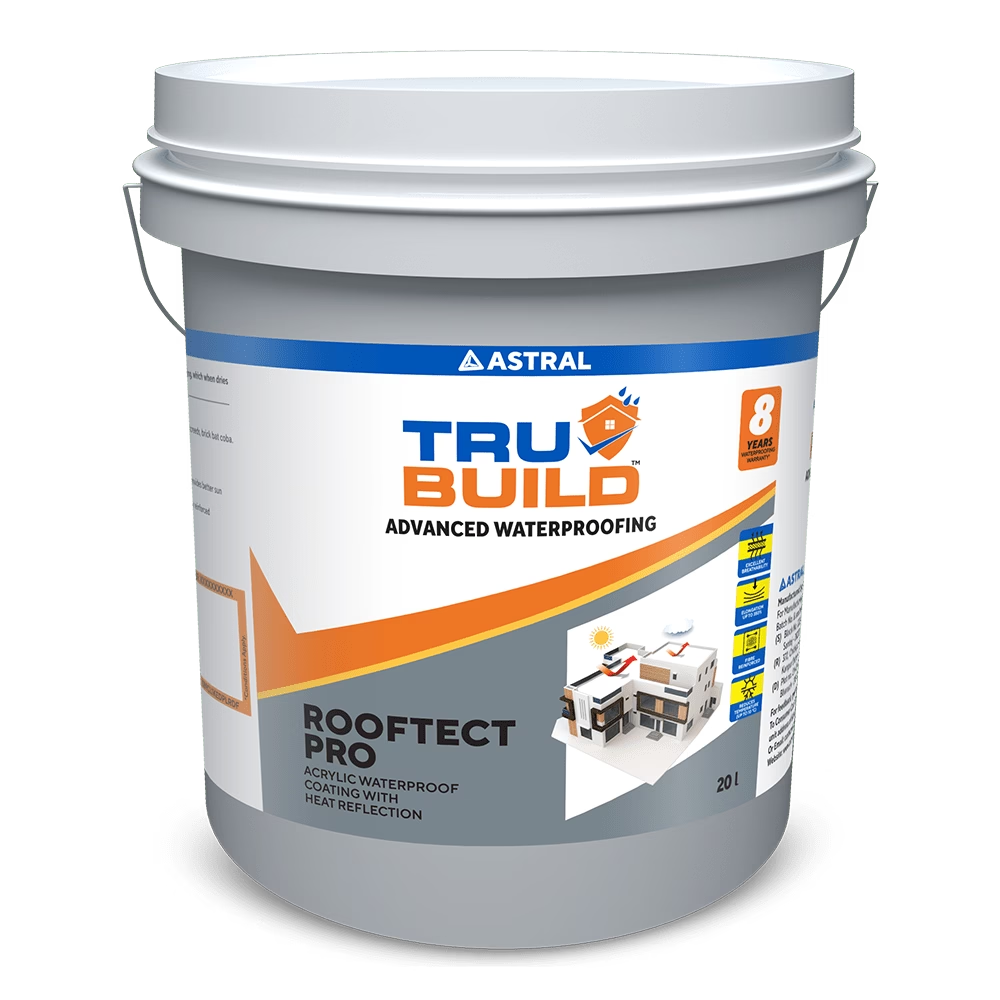
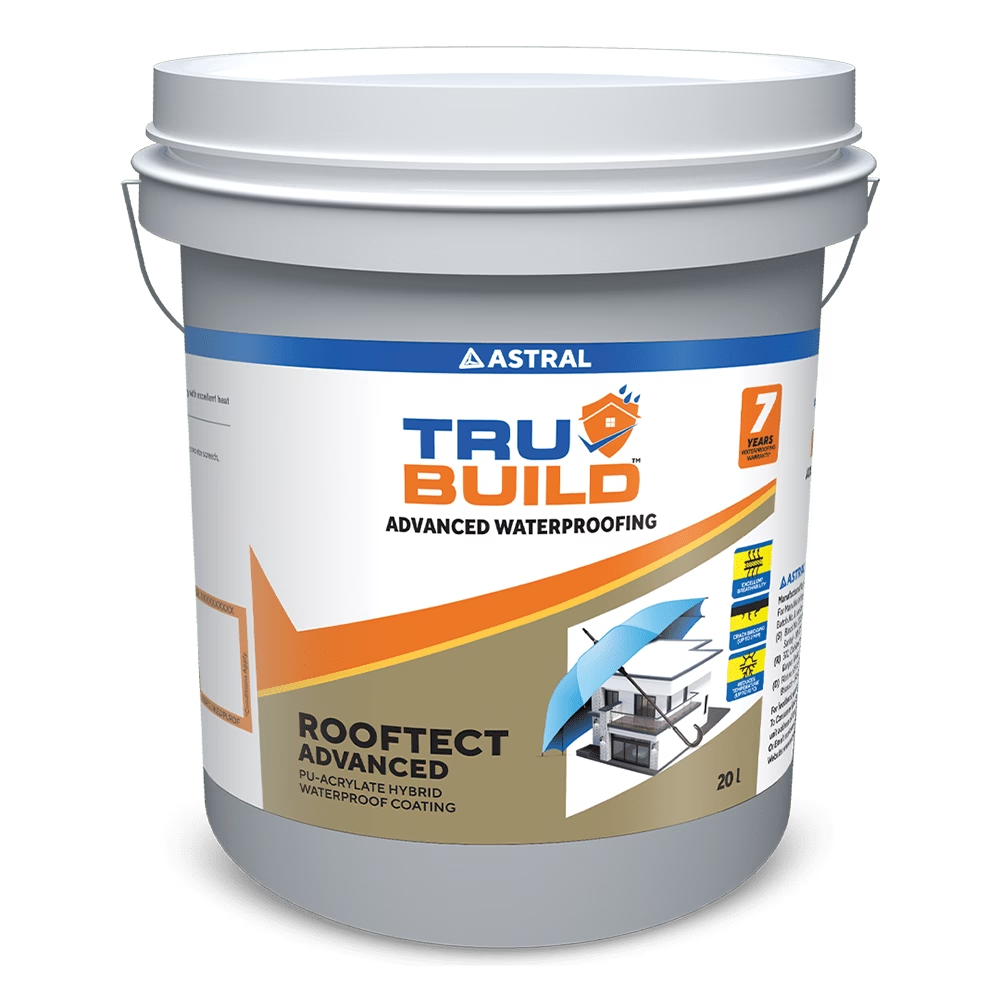
 Substructure Waterproofing
Substructure Waterproofing Tiling and Grouting
Tiling and Grouting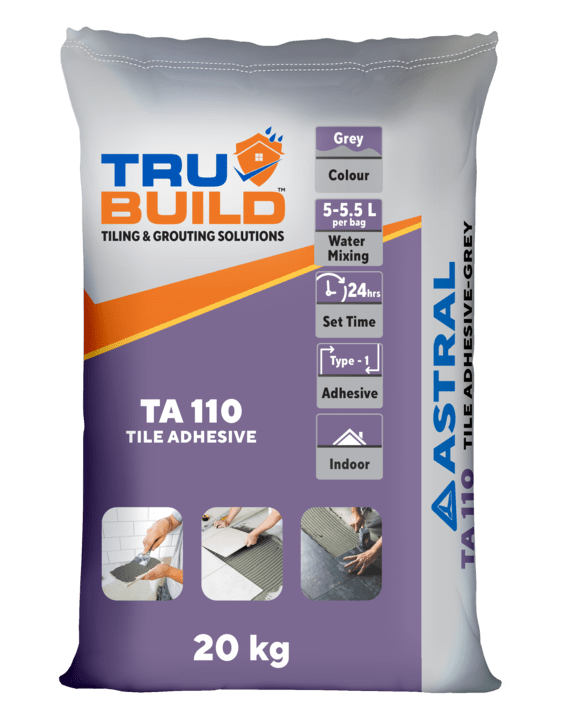
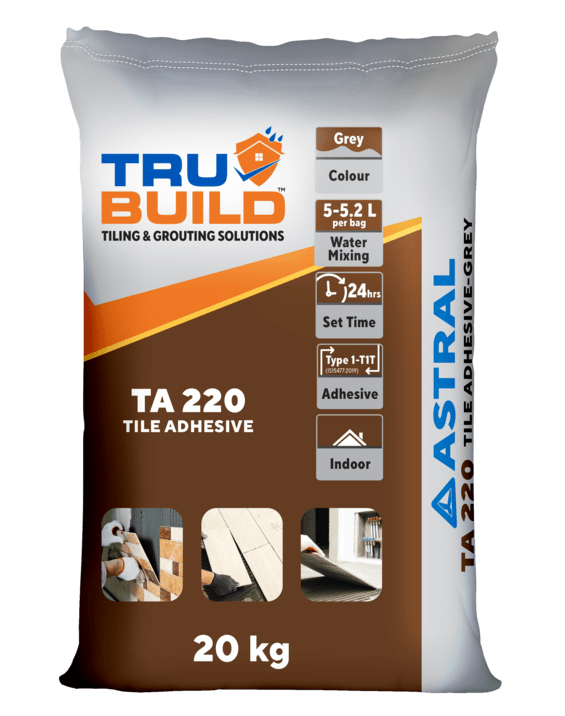
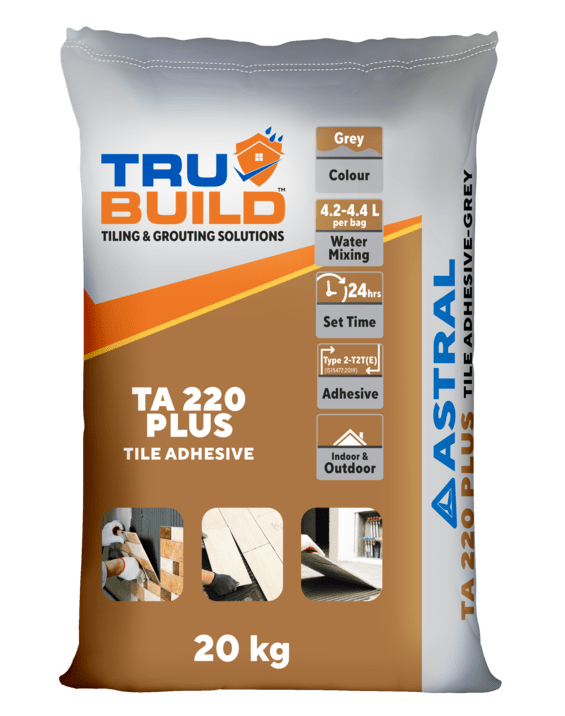
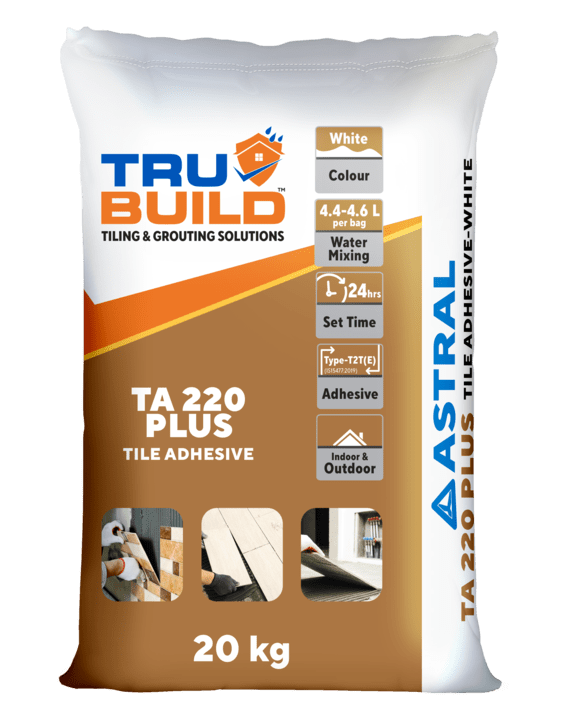
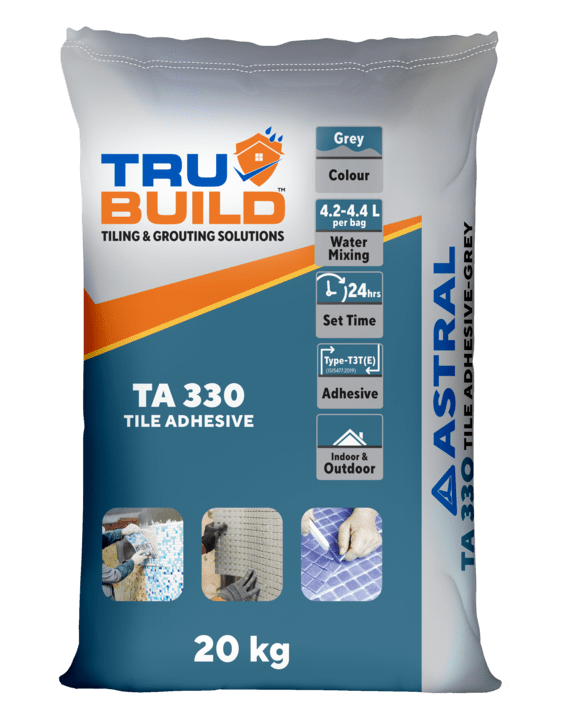
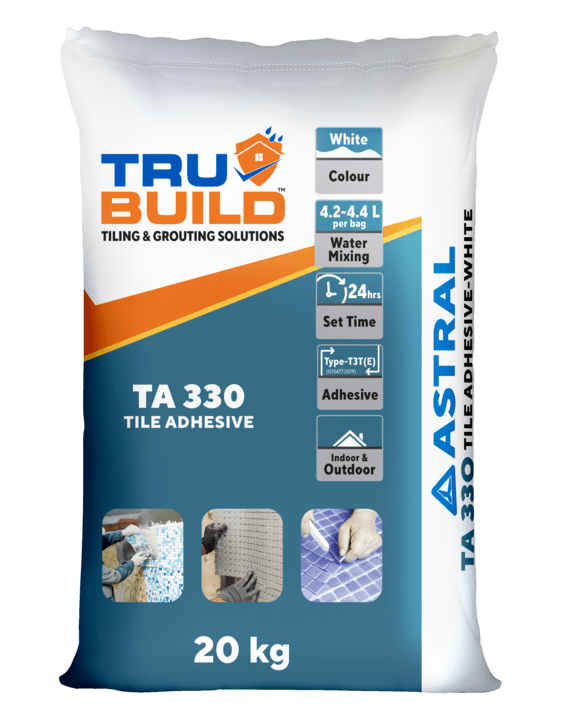
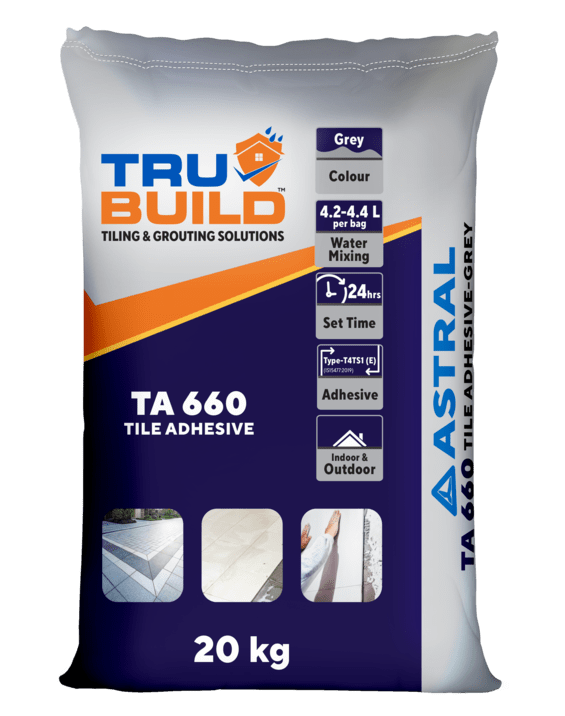
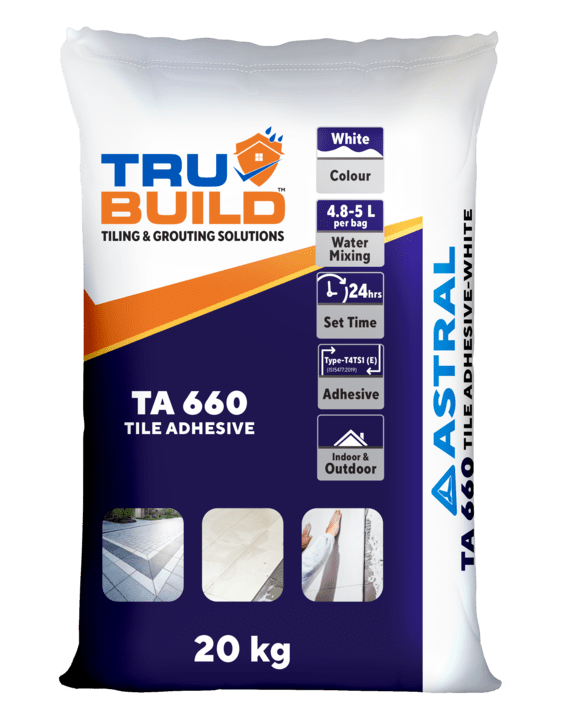
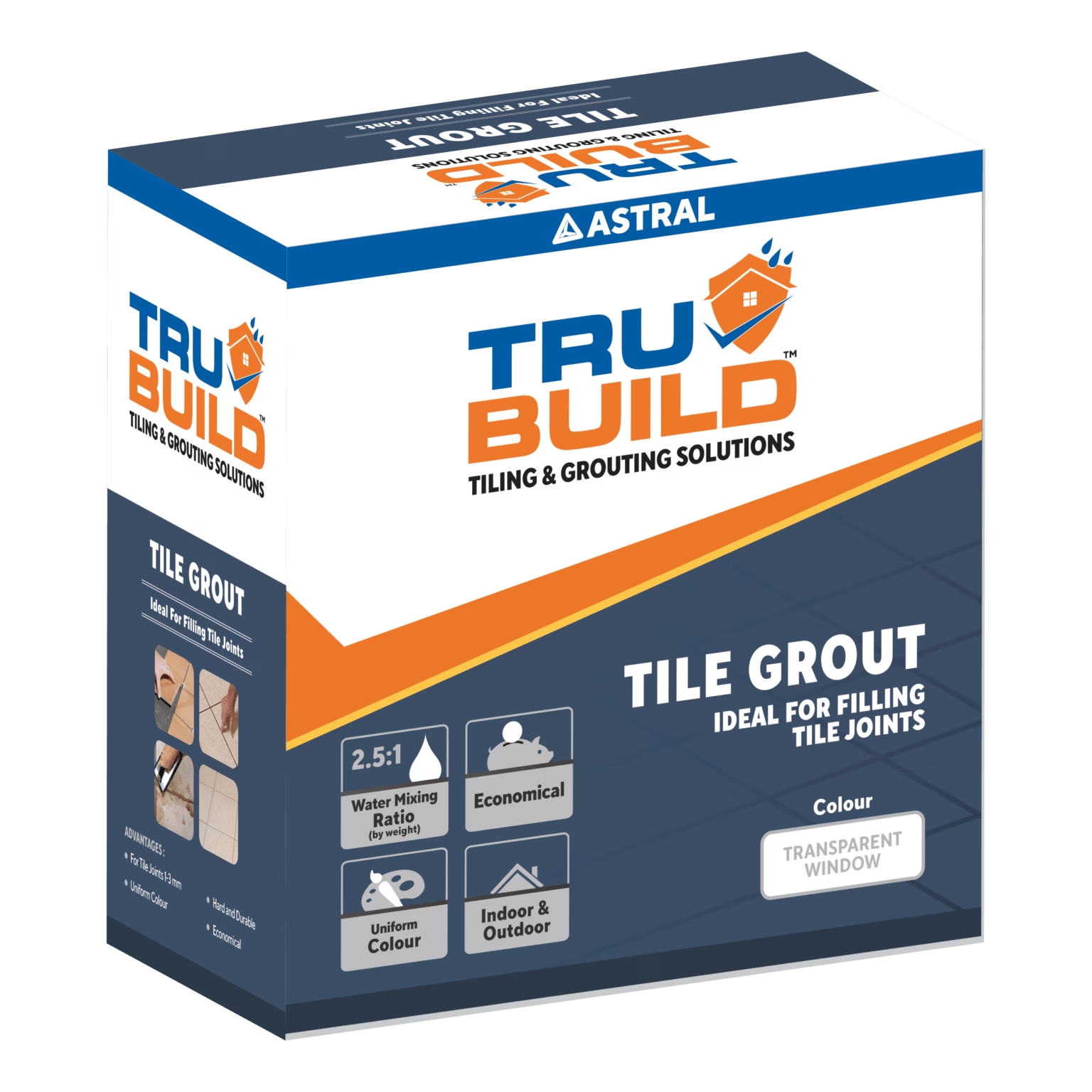
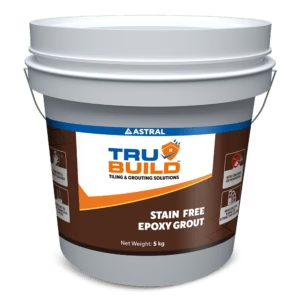
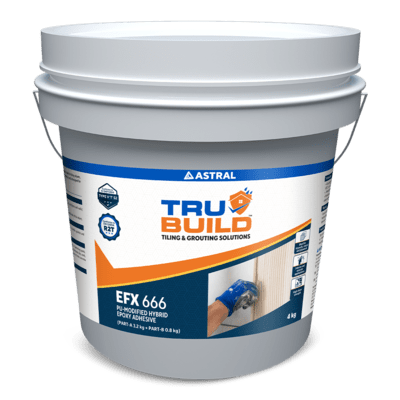
 Water Tanks and Other Areas
Water Tanks and Other Areas